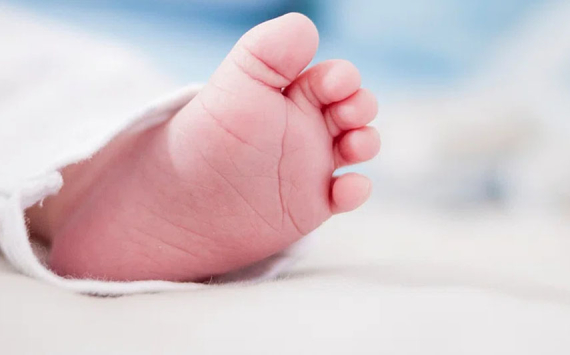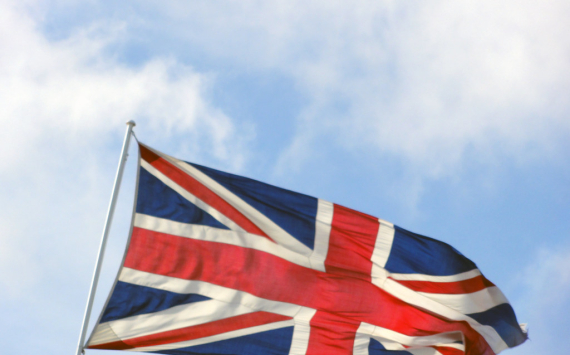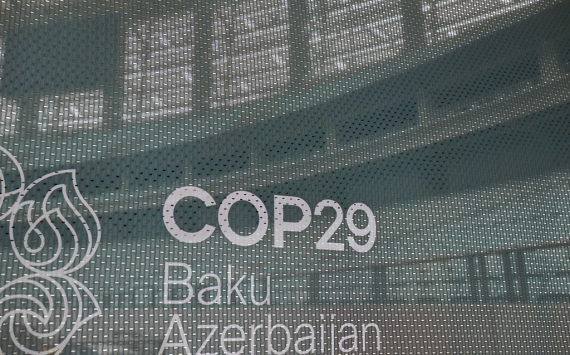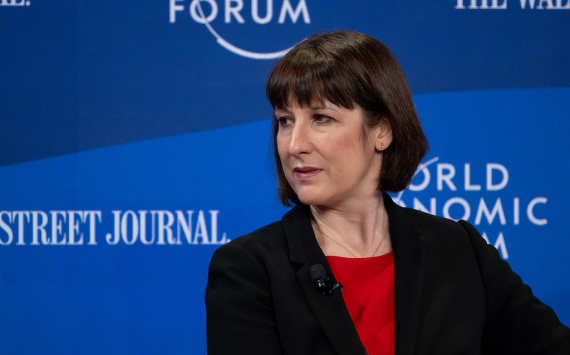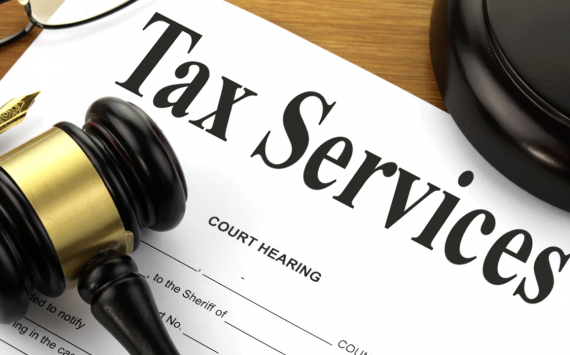
Taxes in UK
The government of Liz Truss, who took over as prime minister of Great Britain on 6 September, is cutting taxes in the kingdom in order to stimulate economic growth. It was announced Friday morning in the House of Commons of the British Parliament by the country's finance minister, Kwasi Kwarteng.
On Thursday, the Bank of England lowered its year-end inflation forecast from 13% to 10%, predicting a peak in October. The country's central bank also stated that the kingdom's economy is in recession. The country's GDP contracted by 0.1 per cent in Q2, which is also expected at the end of Q3.
"Our target is to achieve economic growth of 2.5 per cent in the medium term," Kwarteng said, promising that the government would actively review legislation to facilitate business activities. He also assured that the independence of the Bank of England would "remain a sacred principle" for a Conservative government.
It is worth noting that the pound sterling exchange rate, which on Friday morning updated its lows since 1985, did not change its trajectory after the minister's statements.
The new cabinet pledges to help people and businesses in the face of soaring energy prices. The cost of the crisis package, which includes a long-term freeze on household electricity tariffs, was estimated by Kwarteng to be "around £60 billion over six months from October".
Kwarteng also announced that the government would refuse to raise corporation tax on large companies from 2023. "UK corporation tax will not be increased to 25%, it will remain at 19%," said the minister, who said it was the lowest tax rate of any G20 country. In addition, the UK government will scrap a previously announced increase in excise duty on wine, beer and cider and remove limits on bonuses paid to top managers.
Another expected measure was an increase in the maximum value of property that is not subject to stamp duty. From today, it rose from £125k to £250k for all buyers and from £300k to £425k for first-time buyers.
Also, social security contributions, which were increased in April by Boris Johnson's government to support the National Health Service, which is suffering from severe financial and staff shortages, will return to their previous level.
The minister said the maximum rate of income tax in the country would be reduced from 45% to 40%. The maximum rate applied if individual annual income exceeded £150,000.





